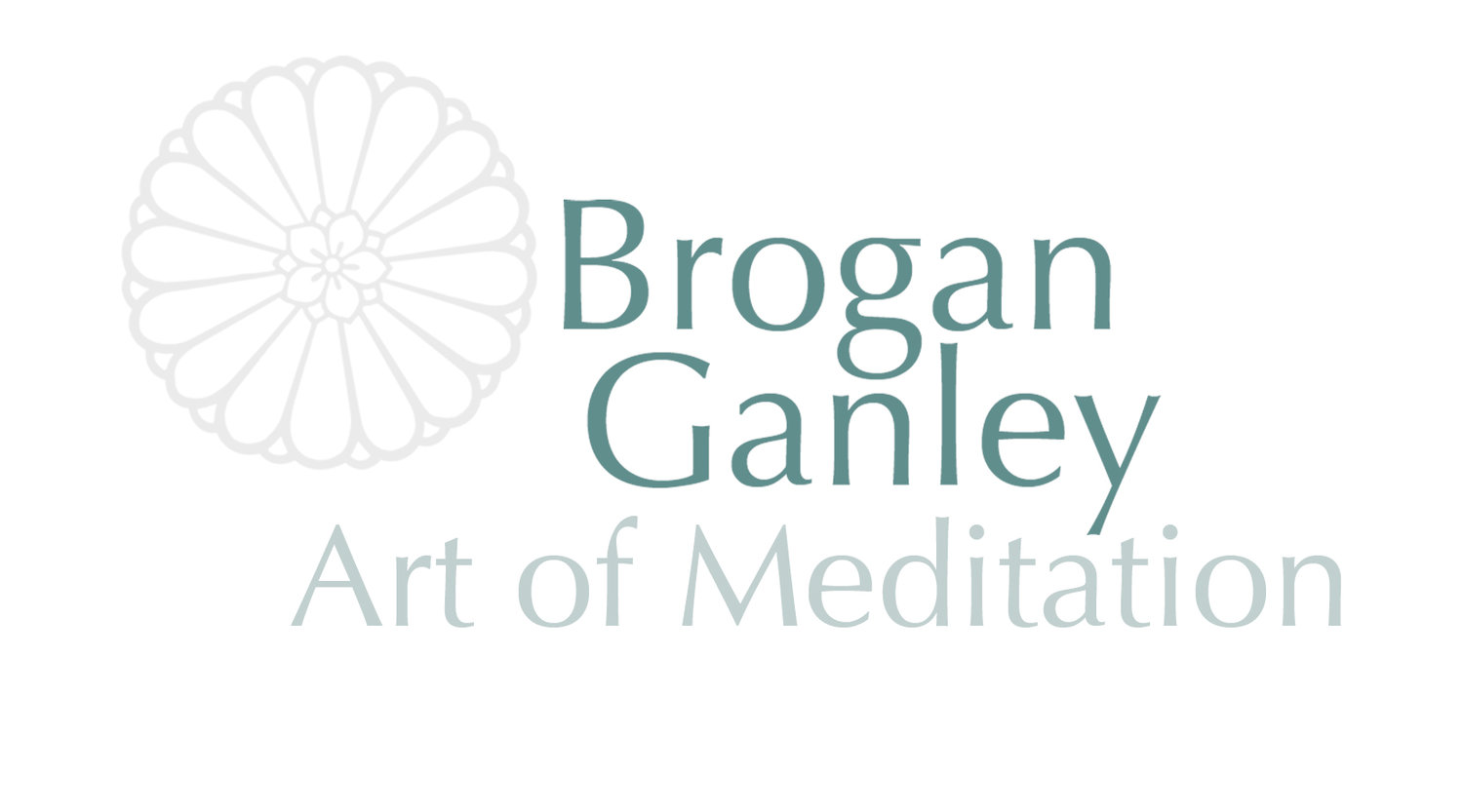Lessons from Nature
/Allow yourself to be still in nature as often as you can.
Taking time out to commune with nature is essential.
“Climb the mountains and get their good tidings. Nature’s peace will flow into you as sunshine flows into trees. The winds will blow their own freshness into you, and the storms their energy, while cares will drop away from you like the leaves of Autumn.”
– John Muir
Having just returned from 5 days in the woods on my own, I’ve had a lot of time to contemplate nature. There are so many lessons there, from seasonal eating – nature providing us with what we need most at any given time — to the renewal we feel when we are aware of and spend time in nature, and even extending to more metaphorical lessons, like the Japanese concept of Shinrin-Yoku (Forest Bathing: the medicine of being in the forest).
Contemplations:
Nothing is permanent.The tide is always turning, the river always flowing, the seasons always changing, which reminds us that our needs change. You can interpret that as altering your diet in accordance with the season/weather, or shifting your outlook in changing circumstances, or adapting how you take care of yourself as you age.
I also like to think about this in terms of times of very hard work, alternating with times of rest.
Healing and growth are possible.I love seeing tree roots breaking through the pavement, determined to grow under struggle. When I lived in London, there was a particular tree near Euston Square that I loved to pass and witness its complete and utter refusal to be paved over and hemmed in. There are a few on my street in Brooklyn too! Human beings seem bent on trying to dominate nature, but it continues to heal and fight for its right to survive.
This is also a lesson in flexibility. A reminder of our need to respond in different ways to different circumstances.
Good communication and connection is essential. As we know, everything in nature is connected and communicating. As just one of many examples, recent research shows a forest has an amazing ability to communicate and function like a single organism — an ecosystem.
Patience. Everything happens in its own time. A wave always reaches the shore. A plant grows at its own pace.
Perseverance. Just look at weeds! They are relentless, driven to exist in an incredible variety of circumstances.
Creating a new path is hard work but worth it. I use this as a metaphor for neuroplasticity when I am teaching about mindfulness and changing habits. If you are creating a new path through a woods, it is hard work initially, you have to clear the space and really exert yourself. As you continue to walk on the path, it becomes smoother and easier.
Some things are inevitable. The leaves are going to fall in autumn, the tide is going to turn, the day will turn into night. We are going to age, we are going to die. These may be things that we worry about, or try to avoid, but they are inevitable and it is possible to find joy and peace in that inevitability.
There are no straight lines. A river meanders and a tree branches out, just as our lives grow and change. There is no direct or prescribed route.
Beauty is not perfection, beauty is everywhere. When you spend time in nature, you begin to see that there is beauty everywhere regardless of whether it’s “perfect.” A worn shell, a leaf that is rotting, a branch that is twisted–each thing has its own beauty.
It’s the little things. There are so many tiny things in nature that are a vital part of the cycle. An appreciation for the little things can be completely life-changing. A note of thanks, a thoughtful gesture, a beautiful shadow on a wall, a kind exchange, a flower blooming. These things can bring such joy, if we pay attention.
A good root system is important! You cannot bloom fully if you are not taking care of yourself internally, below the surface.


